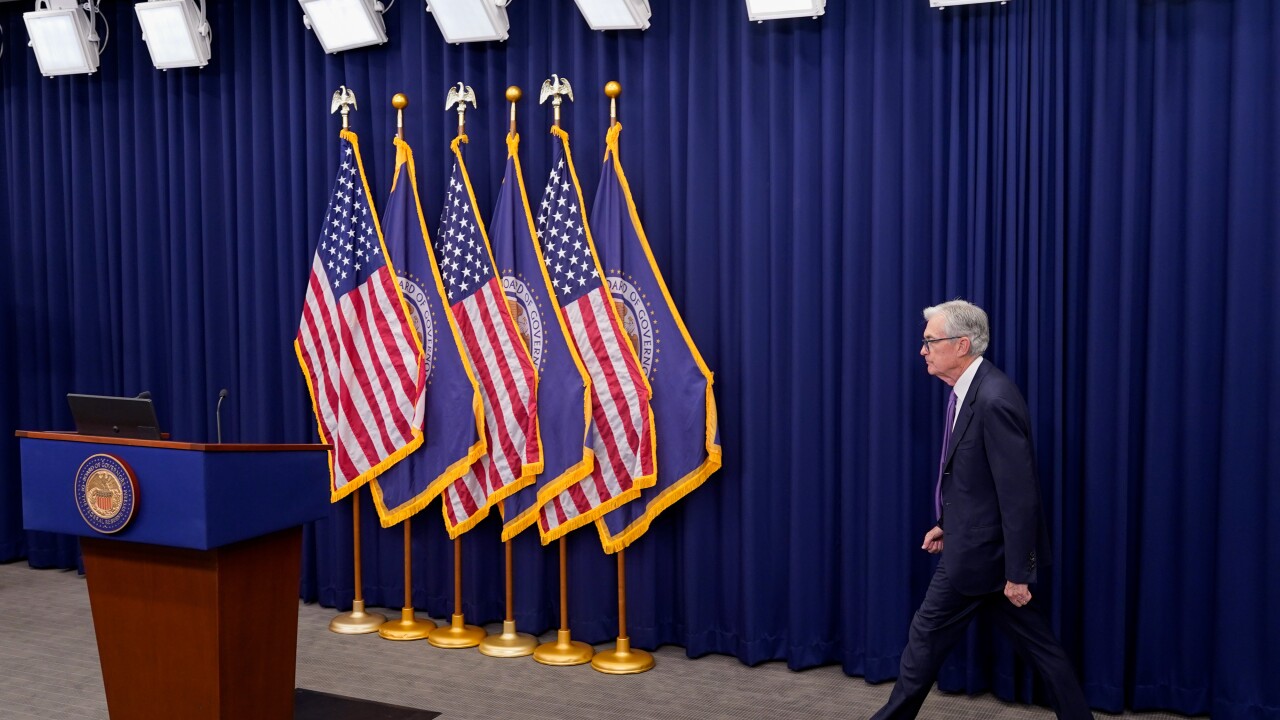AB Volvo is making its first trip to the U.S. securitization market to help fund lines of credit it extends to dealerships selling its trucks, buses, construction equipment and marine and industrial engines.
Volvo Financial Services, the Swedish manufacturer’s captive finance arm, has been financing dealership inventory for over 20 years, but it has previously funded the lines of credit elsewhere. Now the company is bundling the asset into a trust that will issue $300 million of notes scheduled to mature in three years.
The offering consists of a single tranche of notes provisionally rated triple A by Fitch Rating and Moody’s Investors Service. The notes benefit from initial hard credit enhancement of 21.75%, consisting of 19.74% overcollateralization and a 2.01% reserve account. The overcollateralization will increase if the three-month average monthly payment rate falls below 16%.
Bank of America Merrill Lynch and MUFG are the underwriters.

The pool of medium- and heavy-duty trucks and construction equipment ultimately backing the notes will revolve over the first 2.5 years of the deal as dealers sell vehicles, use the proceeds to pay down their lines of credit, and then draw on the lines again to replenish their inventory.
Volvo has previously securitized trucking and construction equipment loans in seven securitization transactions, beginning in 2010, of which four remain outstanding. So the two rating agencies are familiar with the collateral and comfortable with the company’s performance as a servicer.
In its presale report, Moody’s noted that dealers in the receivable pool typically have average absorption rates (revenue from ancillary services such servicing and parts as a percentage of fixed costs) ranging from 90% to 104%, which helps insulate them from financial strain in the event that equipment sales decline. Fitch noted that this is among the highest for all dealer floorplan platforms, and that “trucking companies rely heavily on dealers for parts and service operations more frequently versus consumer vehicle [dealer floorplan] platforms.”
Dealer concentration is a risk, however. There are just 160, which Moody’s said is a relatively low number compared to the auto floorplan trusts it rates. However, concentration limits are in place to limit exposure to any one dealer. The largest dealer has a limit of 9% of the aggregate dealer note balance and the top 10 dealers have a combined limit of 50.5%.
As is the case in most floorplan transactions, Volvo has committed to repurchase unsold new, and sometimes used inventory in the event of a dealer termination.
Nissan plans to issue as much as $1.25 billion of auto floorplan notes, depending on investor demand.
The transaction, Nissan Master Owner Trust Receivables, Series 2017-C, consists of a single tranche of notes with 19.41% credit enhancement and preliminary AAA ratings from Fitch.
Mizuho Securities USA is the lead underwriter.
The receivables have approximately 91% new vehicles with mainly Nissan and Infiniti new and used vehicles, and a small portion of other manufacturers. The pool is geographically diverse from a state concentration perspective, according to Fitch.
The transaction also benefits from dealer concentration limits: The top dealer, AutoNation, may account for not more than 10% of receivables, and no other dealer may account for more than 2%.





